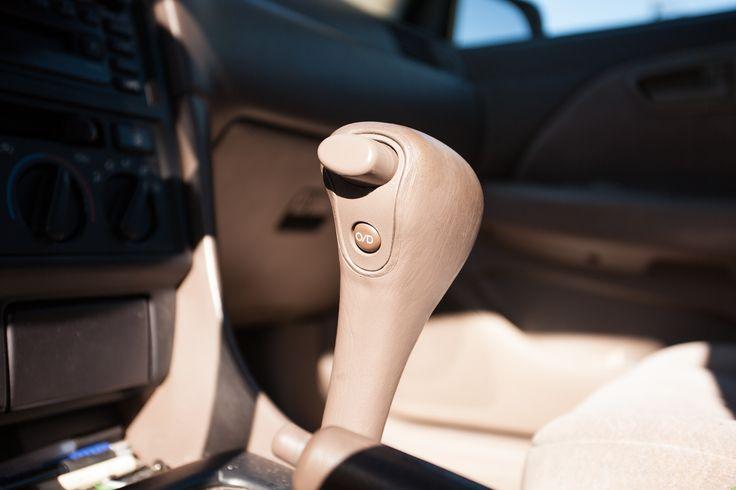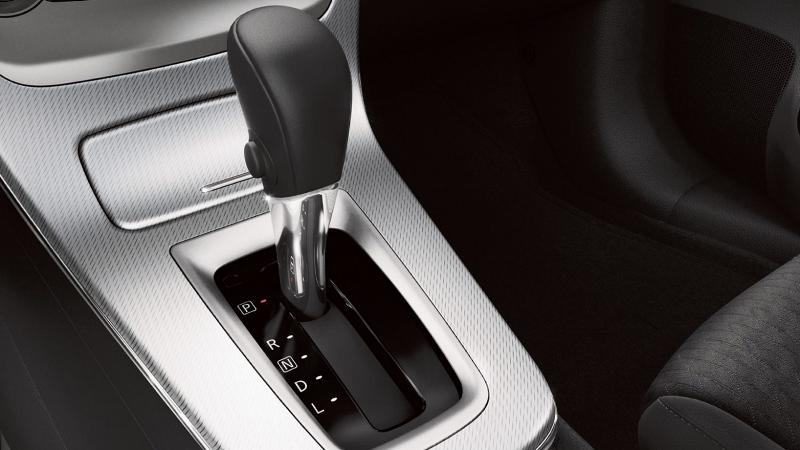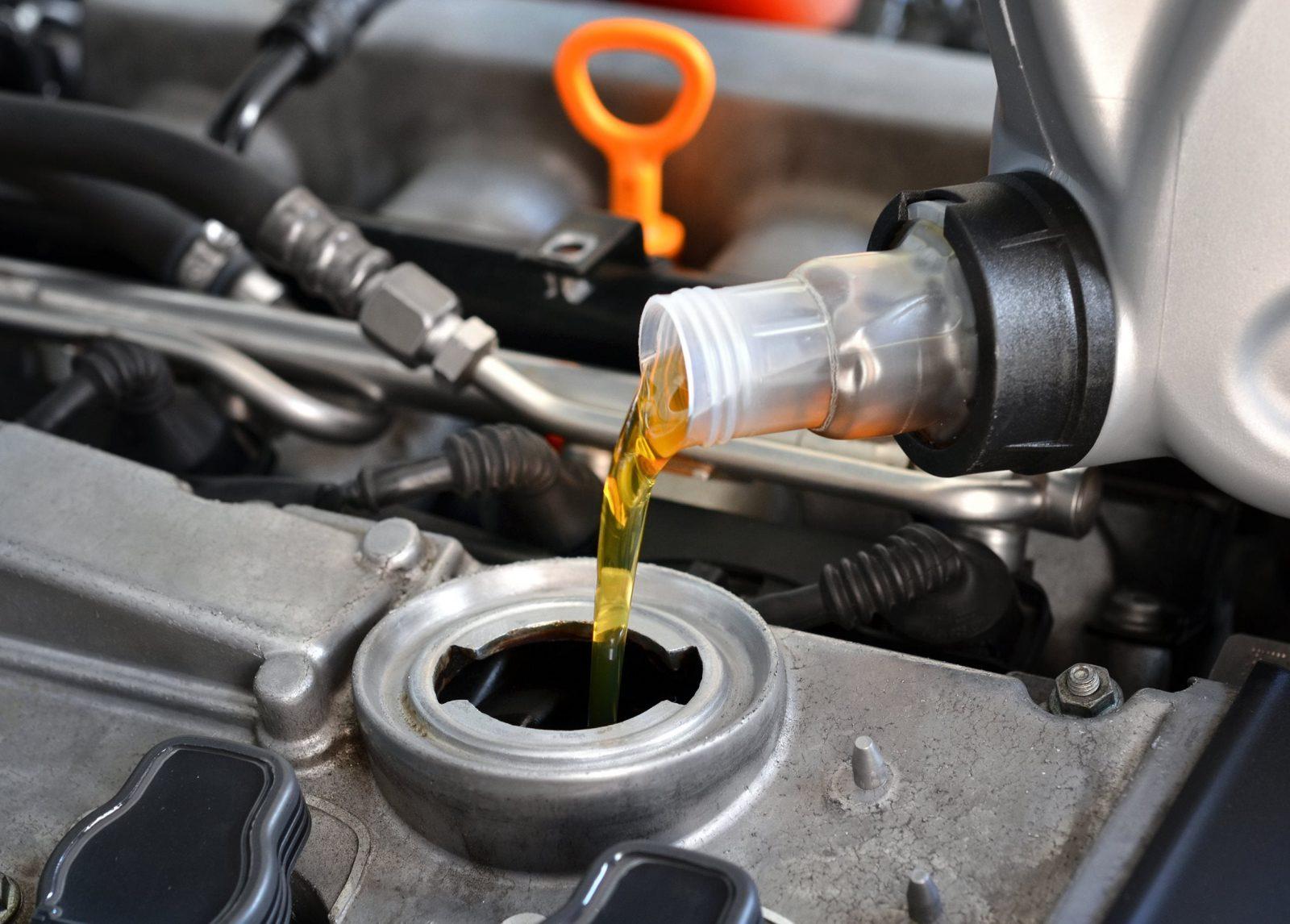[Answered & Explained] Does Antifreeze Expire?
Antifreeze is a vital component in maintaining the optimal performance and longevity of the car engine. However, like many other substances, antifreeze has a limited shelf life, leading to the question: Does antifreeze expire? To help you understand more about antifreeze, we will analyze its composition, purpose, and potential degradation over time in this article.
What Does Antifreeze Do In Your Car?
Whether you are a car enthusiast, a do-it-yourself mechanic, or simply a curious individual, understanding the features and functions of antifreeze is essential for the proper maintenance and care of your vehicle.
What is antifreeze? Antifreeze is a type of liquid that is added to a vehicle’s cooling system to lower the freezing point and raise the boiling point of the coolant mixture. Its primary role is to prevent the coolant from freezing in cold temperatures and boiling in hot temperatures, which ensures the car engine operates in a safe and efficient range. There are several key functions of antifreeze that we can’t ignore:
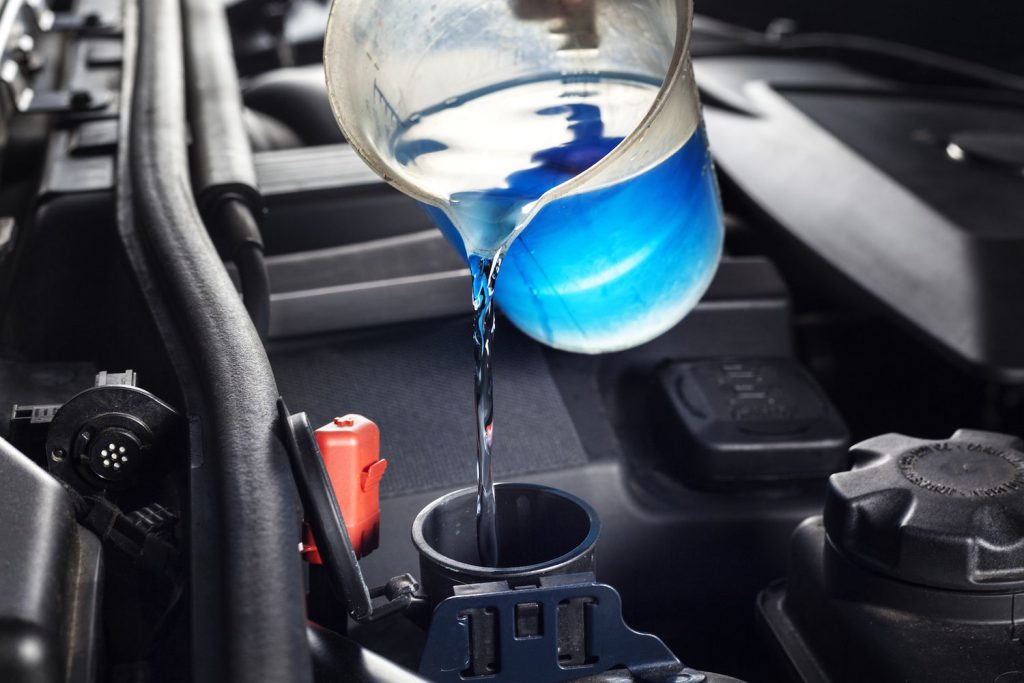
Temperature regulation
Antifreeze helps prevent the engine from overheating or freezing in extreme weather conditions. It absorbs excess heat generated by the engine and dissipates it through the radiator, keeping the engine operating at an ideal temperature.
Freeze protection
During cold weather, antifreeze prevents the coolant inside the engine from freezing, which can lead to damage and potentially catastrophic engine failure. By lowering the freezing point of the coolant, antifreeze ensures that the engine remains operational even in freezing temperatures.
Boiling point elevation
Antifreeze also raises the boiling point of the coolant, allowing the engine to operate at higher temperatures without the risk of coolant vaporizing and causing overheating. This is particularly important in high-performance engines or during prolonged periods of heavy use, where the engine can generate significant heat.
Lubrication
Some antifreeze formulations include lubricating agents that help reduce friction and wear within the water pump and other moving parts of the cooling system. This ensures smooth operation and prolongs the lifespan of these components.
We can see that antifreeze is a vital fluid to keep your engine running smoothly and avoid potential damage to the engine. However, a question is raised about whether this fluid expires or does antifreeze go bad. Let’s find out the next part:
>> Related post: Is Coolant The Same As Antifreeze?
Does Antifreeze Expire?
Does antifreeze last forever without going bad? Our answer is “No”, antifreeze does have a certain expiration date. Over time, the properties of antifreeze can degrade, which can affect its effectiveness in regulating engine temperature and protecting the cooling system.
How long does antifreeze last? While the expiration period can vary depending on the specific type and brand of antifreeze, most manufacturers recommend replacing or disposing of it every two to five years. If the antifreeze is not opened and in good storage, it can last about 5 years. In case, you opened an antifreeze bottle, it just is kept for about one year in If stored. Additionally, the natural antifreeze will have a longer lifespan than the one mixed with water.
The degradation of antifreeze can occur due to several factors, including oxygen, heat, and contaminants. Extended use and exposure to high temperatures can cause the additives in antifreeze to break down, reducing its ability to prevent freezing, protect against corrosion, and maintain their desired properties.
Additionally, antifreeze can become contaminated with impurities such as dirt, debris, and engine oil, which can further accelerate its degradation and diminish its performance. This is why it’s important to regularly check the condition and quality of the antifreeze in your car and replace it when necessary.
To know when antifreeze expires, you can look for signs of degradation such as discoloration, sedimentation, or a foul odor.
>> Read more: Engine Overheating But Coolant Full: The Possible Causes
Watch this video to learn how to check antifreeze in your car:
FAQs
How long is antifreeze good for?
Ethylene glycol-based antifreeze, which is the most common type, typically has a longer lifespan compared to propylene glycol-based antifreeze. Ethylene glycol-based antifreeze can last up to five years or 150,000 miles, whereas propylene glycol-based antifreeze may need to be replaced more frequently, usually every two to three years.
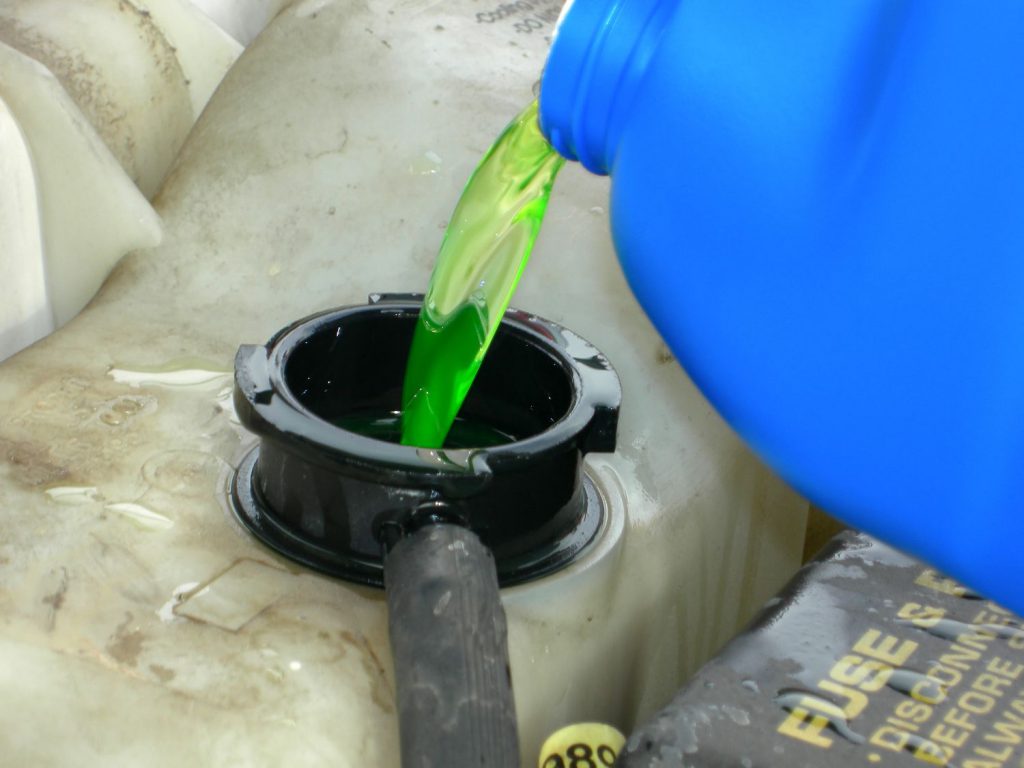
Is coolant the same as antifreeze?
When talking about antifreeze, many drivers think that antifreeze and coolant are the same in the engine. Although sometimes, they are related and often used interchangeably in the context of automotive applications, please note that they are not exactly the same thing. To distinguish between these fluids, you should know that in most cases, coolant is a mixture of antifreeze and water, typically in a 50:50 ratio. Simply put, antifreeze is just a component of the coolant.
Where does antifreeze go?
In a typical car, antifreeze is added to the radiator and distributed throughout the engine.
To locate the specific location for adding antifreeze to your car, you should consult the owner’s manual. However, in most vehicles, the radiator cap or coolant reservoir is where you would add antifreeze.
When to put antifreeze in car?
Antifreeze should be present in your cooling system at all times. It’s not something that you need to add regularly unless there is a coolant leak or you are performing maintenance on the cooling system. However, it’s important to regularly check the coolant level and condition to ensure it is at the appropriate level and in good condition. To ensure safety, you should check your antifreeze every two weeks, of course, it will depend on your models or the amount of driving you do.





